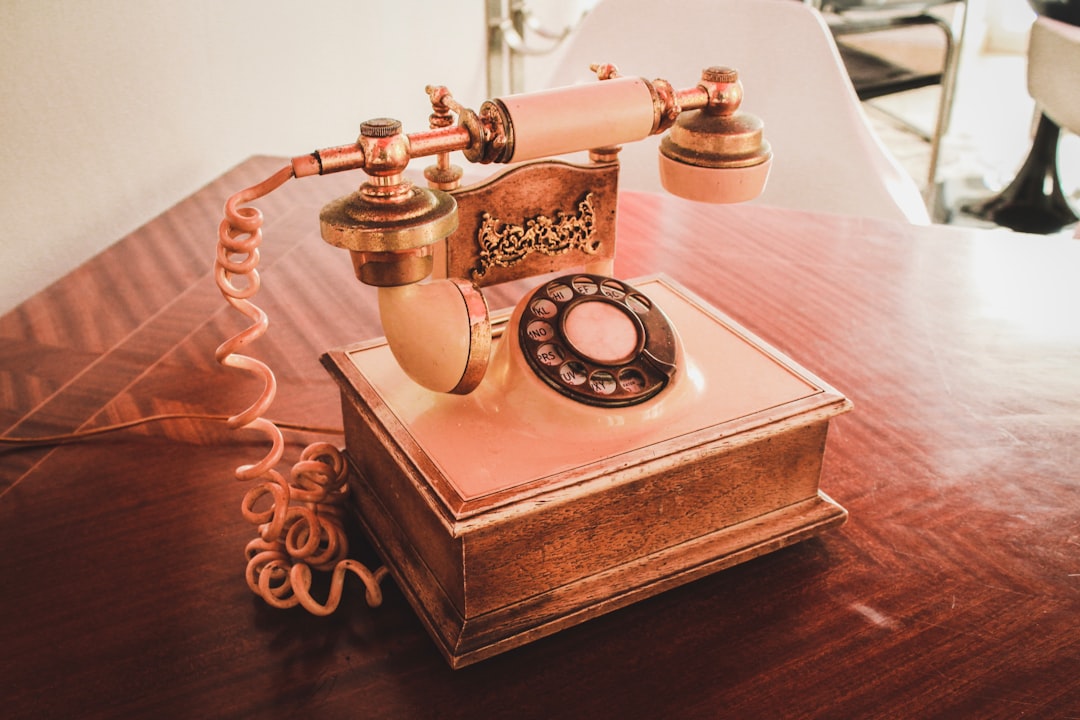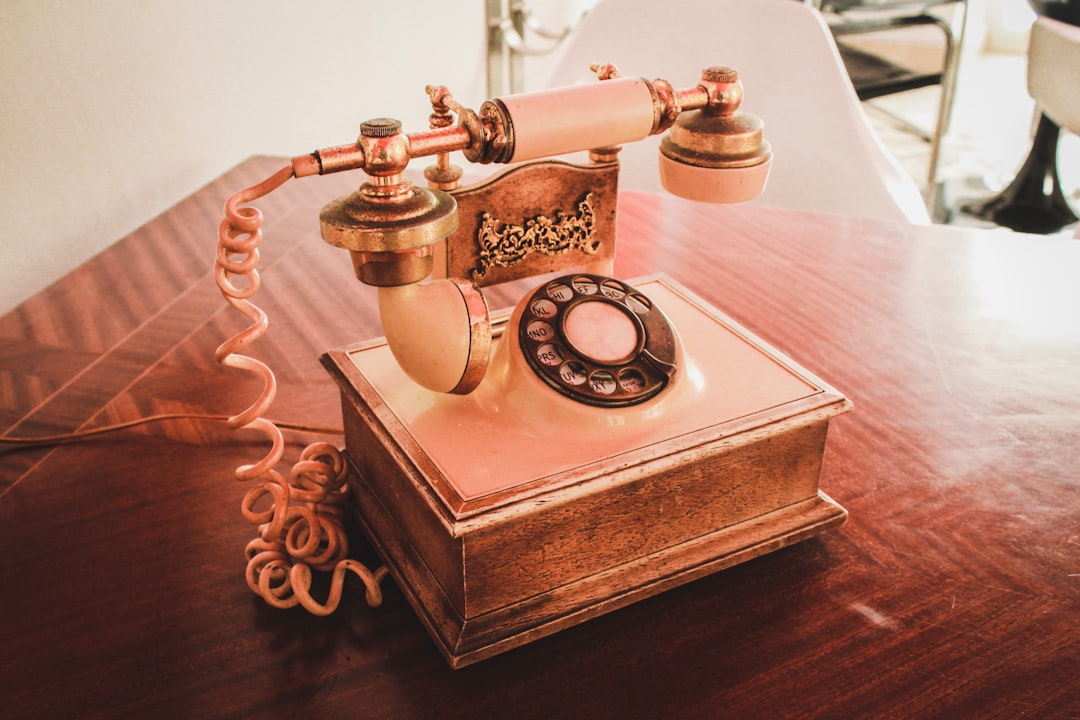Iowa residents are protected from unwanted telemarketing calls by the state's "No Call" laws and Spam Call regulations. If your privacy has been violated, consulting a specialized No Call Lawyer or Attorney in Iowa is advised. These legal experts can guide you through registering complaints and pursuing legal action against offending telemarketers or call centers under the state's No Call and Spam Call laws.
As a Bloomfield resident, you’re protected by Iowa’s strict no-call laws designed to curb spam calls and protect your privacy. Understanding your rights is crucial when dealing with telemarketers. This guide explores the do’s and don’ts of Iowa’s telemarketing regulations, empowering residents to take action against unwanted calls.
Learn how to register on the Do-Not-Call Registry, identify violations, and understand the role a No Call Lawyer/Attorney can play in resolving disputes. We’ll walk you through a step-by-step process for documenting, reporting, and legally addressing spam calls, ensuring your rights are respected.
No Call Laws in Iowa: Understanding Your Protections

In Iowa, residents are protected from unwanted telemarketing calls by state laws known as “No Call” regulations. These laws give Iowans significant rights when it comes to managing and limiting phone marketing. The No Call Laws prohibit telemarketers from making sales or solicitation calls to residents who have registered on the Do Not Call list. This list is maintained by the Iowa Utilities Board, ensuring that individuals who opt-out of such calls are respected.
If you’re experiencing persistent spam calls or feel your rights have been violated, it’s advisable to consult a No Call Lawyer or Attorney in Iowa. Legal experts specializing in these laws can guide residents through the process of registering complaints and seeking legal recourse if necessary. They can represent you against offending telemarketers or call centers, ensuring your rights are protected under the state’s Spam Call law firm regulations.
– Overview of telemarketing laws in Iowa

In Iowa, telemarketing laws are designed to protect residents from unwanted and intrusive sales calls. These laws, part of a broader consumer protection framework, regulate how businesses can contact individuals for marketing purposes. The No Call Law is a significant component, prohibiting telemarketers from calling residential telephone numbers unless the resident has given explicit consent. This means that if you have registered your number on the Do Not Call list or have never consented to receive calls, businesses must refrain from contacting you.
Iowa’s Spam Call laws further enhance consumer rights by restricting the use of automated dialing systems and prerecorded messages without prior express consent. Residents who feel their privacy has been invaded or whose rights under these laws have been violated can seek legal advice from a No Call Lawyer or No Call Attorney in Iowa. There are reputable No Call Law Firms and Spam Call law firms across the state that specialize in telemarketing disputes, offering guidance and representation to ensure residents’ rights are upheld under these crucial regulations.
– What constitutes a violation?

In the state of Iowa, a violation of no-call laws occurs when an individual or business receives unsolicited phone calls from telemarketers, often known as spam calls, despite having registered on the state’s Do Not Call list. This list is designed to protect residents from unwanted marketing calls and provides them with a legal right to quiet and peaceful enjoyment of their homes. Any call received in contravention of these laws can be considered a violation, typically involving prerecorded messages or live telemarketers using automated dialing systems.
If you are a resident of Bloomfield, Iowa, and have experienced persistent spam calls, it’s advisable to consult a No Call Lawyer or Attorney in Iowa. These legal professionals specialize in navigating the state’s no-call laws and can guide you through your rights and available options. They can assist with sending cease-and-desist letters, filing formal complaints with the Iowa Utilities Board, or even pursuing legal action against offending parties to ensure your privacy is respected and your rights are upheld.






